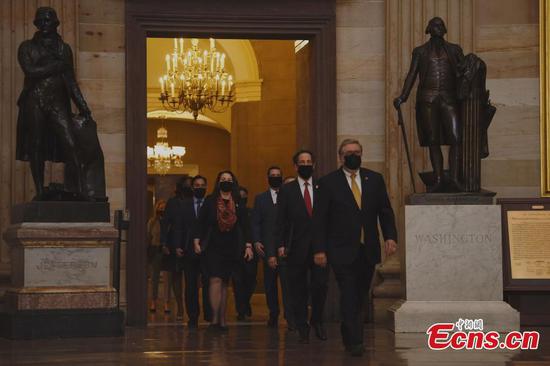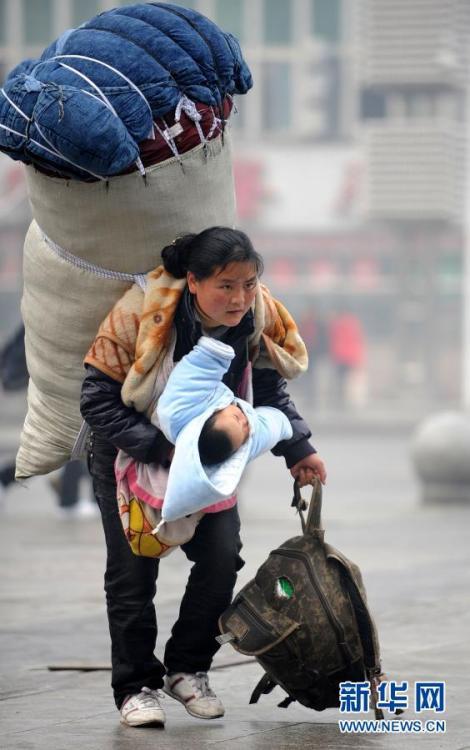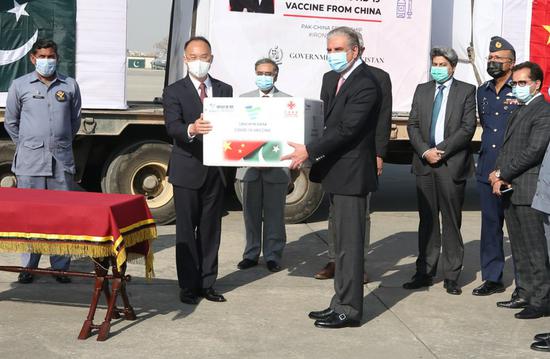The U.S. Centers for Disease Control and Prevention (CDC) has recently conducted experiments to improve the fit of masks amid COVID-19 pandemic, suggesting that combining cloth mask and medical procedure mask could reduce a wearer's exposure to virus by over 90 percent.
In January, the CDC conducted experiments to assess two ways of improving the fit of medical procedure masks: fitting a cloth mask over a medical procedure mask, and knotting the ear loops of a medical procedure mask and then tucking in and flattening the extra material close to the face.
Each modification substantially improved source control and reduced wearer exposure, according to a report released by the CDC on Wednesday.
"Based on experiments that measured the filtration efficiencies of various cloth masks and a medical procedure mask, it was estimated that the better fit achieved by combining these two mask types, specifically a cloth mask over a medical procedure mask, could reduce a wearer's exposure by over 90 percent," said the report.
These laboratory-based experiments highlight the importance of good fit to optimize mask performance.
Until vaccine-induced population immunity is achieved, universal masking is a highly effective means to slow the spread of SARS-CoV-2 when combined with other protective measures, such as physical distancing, avoiding crowds and poorly ventilated indoor spaces, and good hand hygiene, according to the CDC.
U.S. President Joe Biden signed a series of executive orders upon his inauguration, with the first one addressing the mask challenge amid the COVID-19 pandemic.
The "100 Days Masking Challenge" order requires masks and physical distancing in all federal buildings, on all federal lands and by federal employees and contractors.
As of Feb. 1, 14 U.S. states and the District of Columbia had universal masking mandates, according to the CDC. Mask wearing has also been mandated by executive order for U.S. federal property as well as on domestic and international transportation conveyances.
The United States has recorded nearly 27.24 million cases with over 469,800 related deaths as of Wednesday afternoon, according to the real-time count kept by Johns Hopkins University.


















































